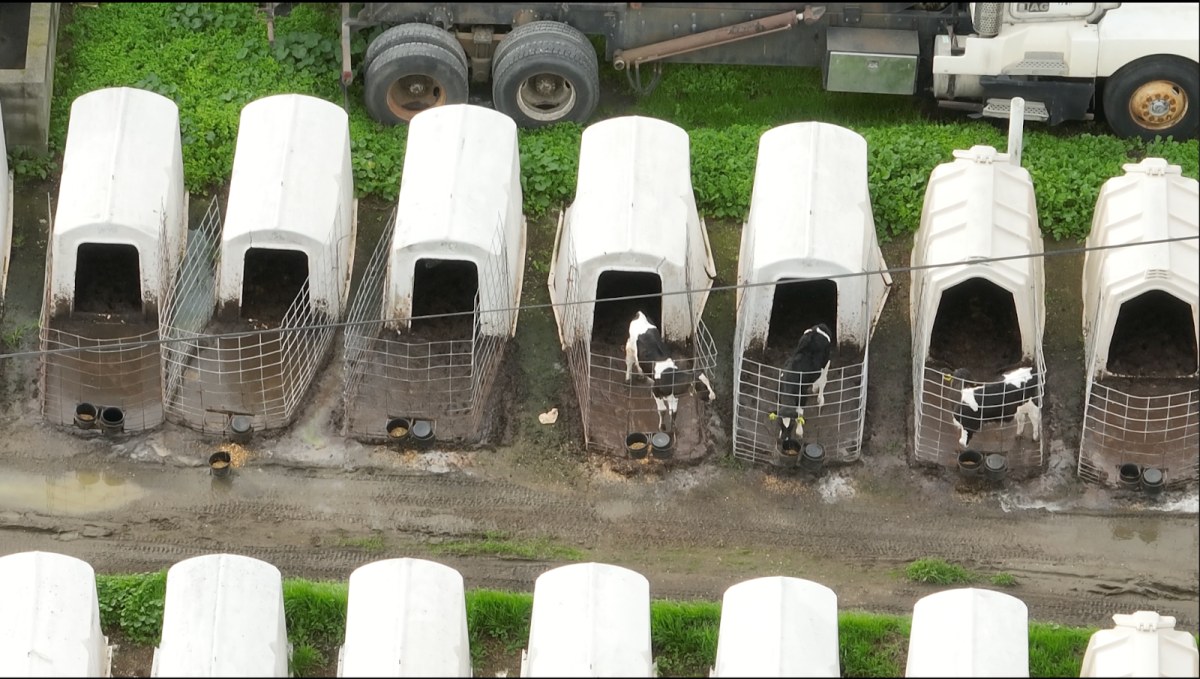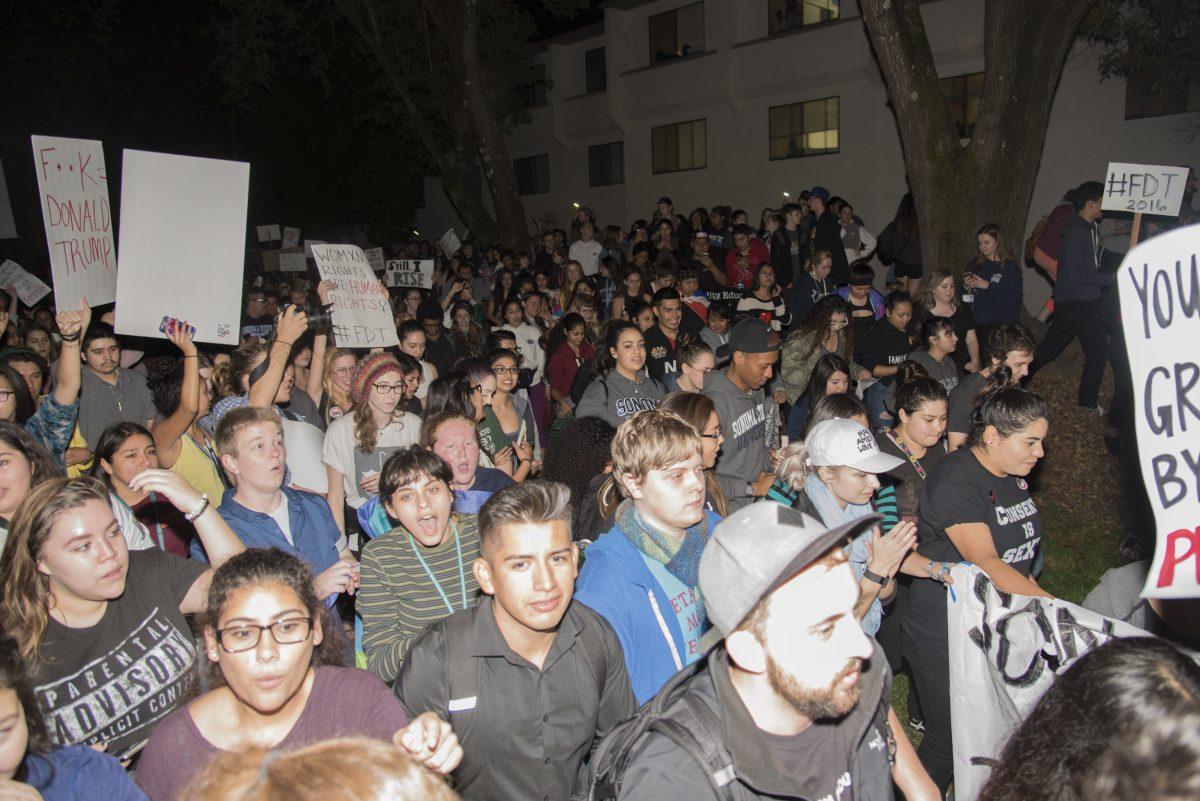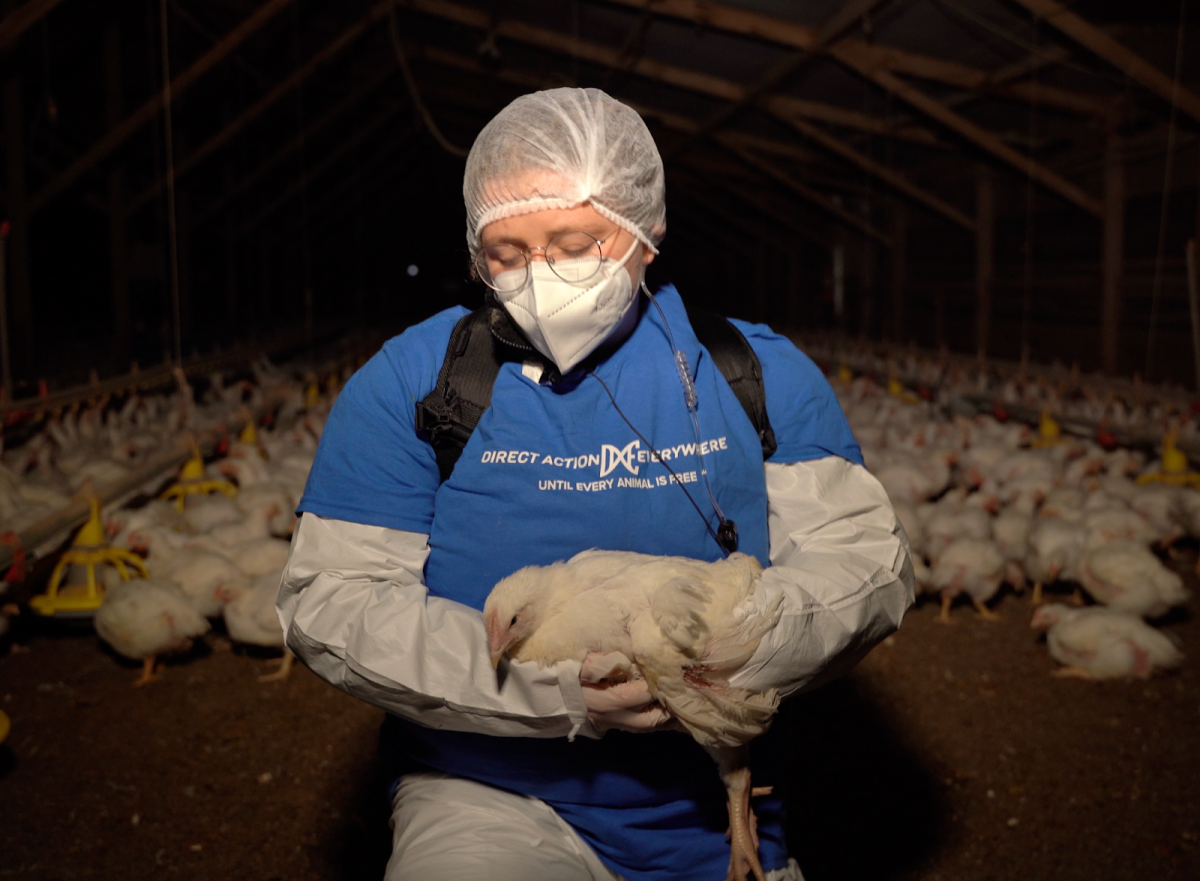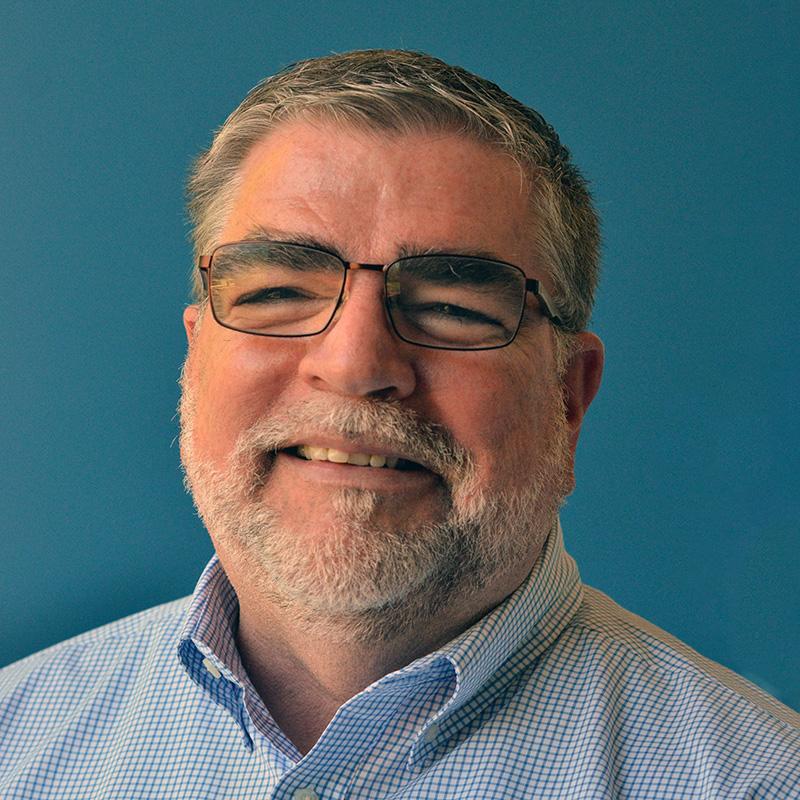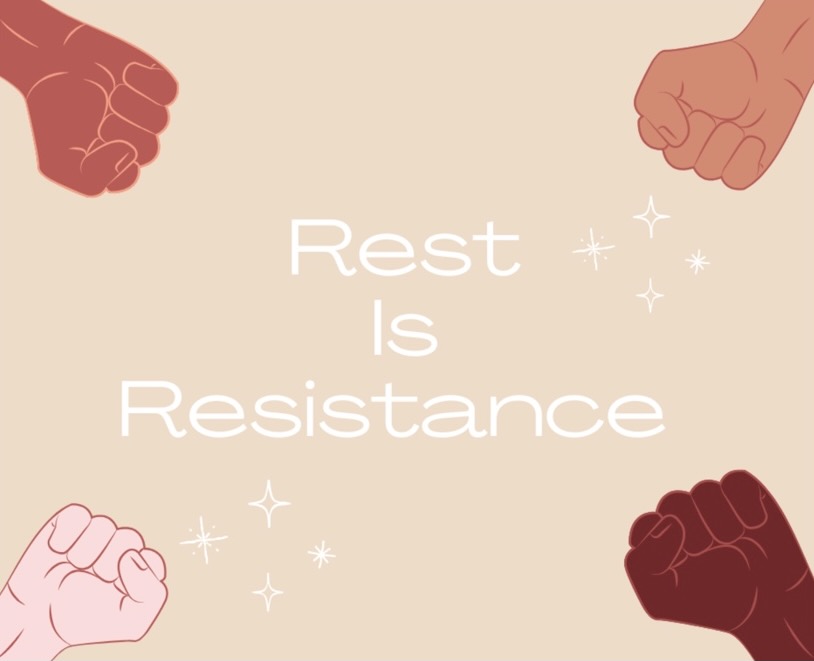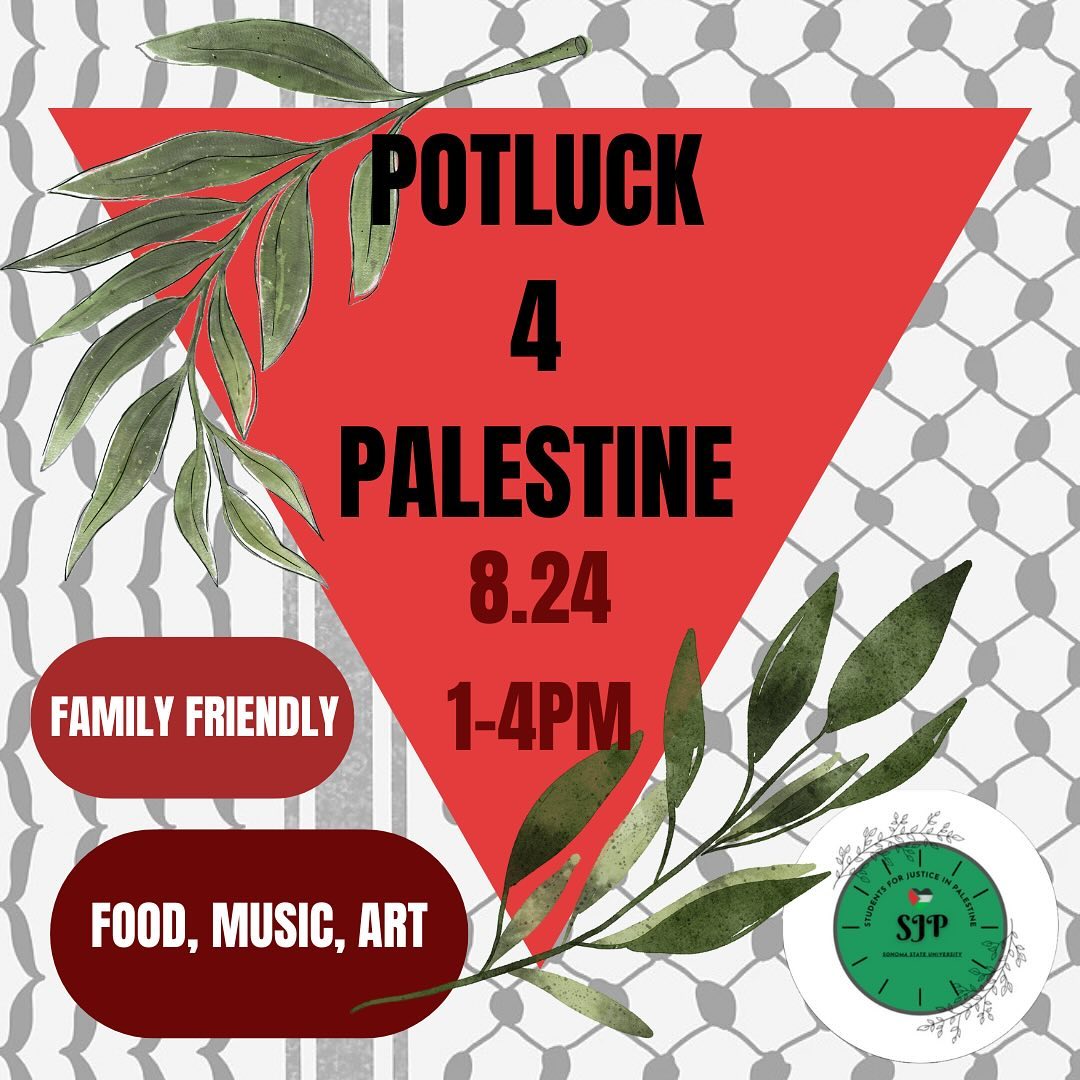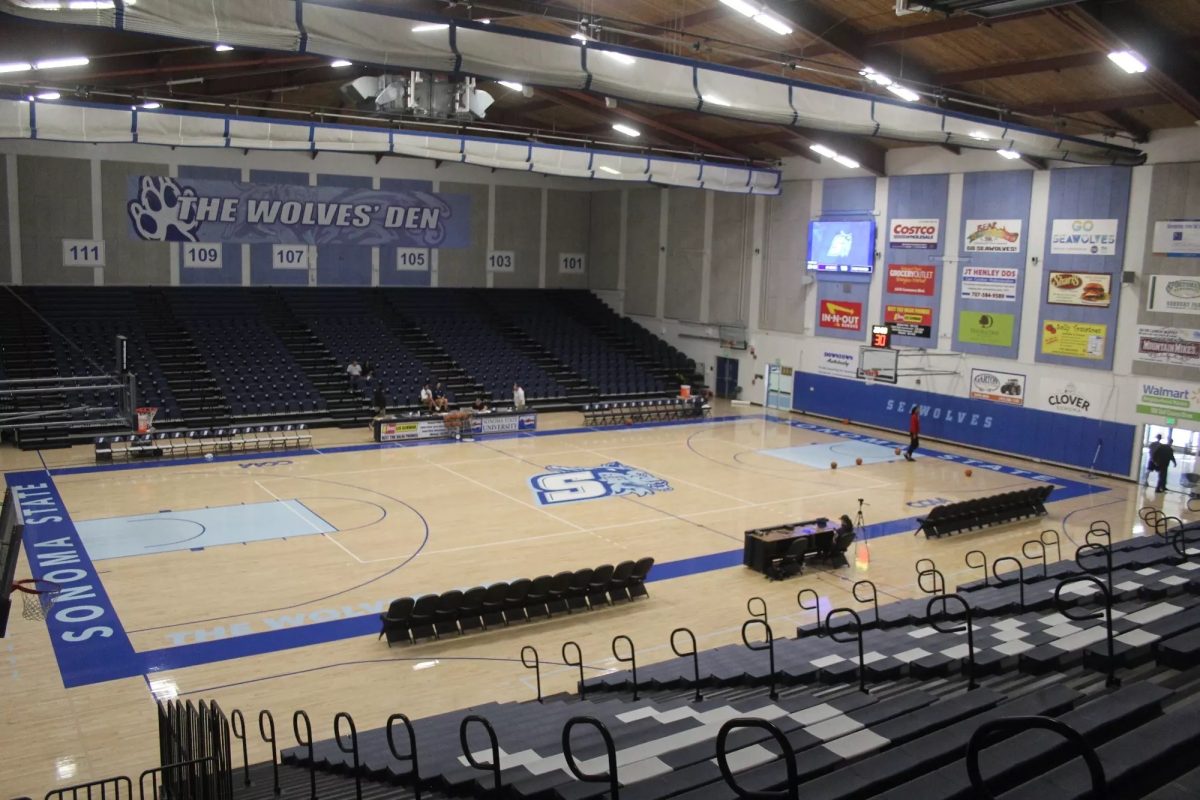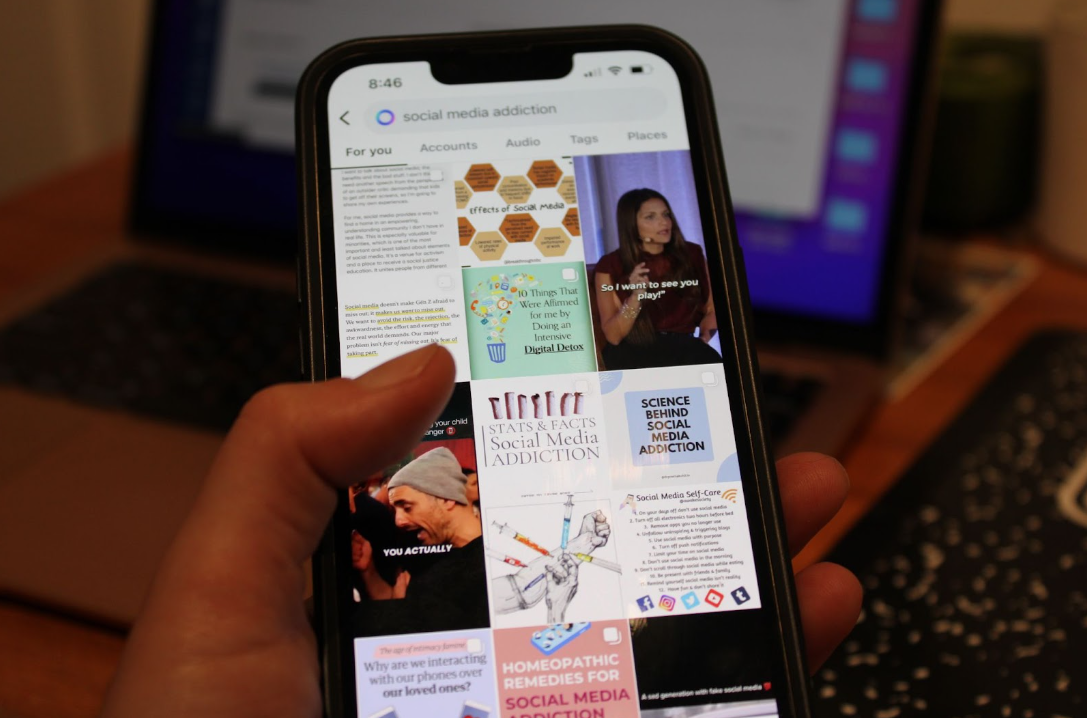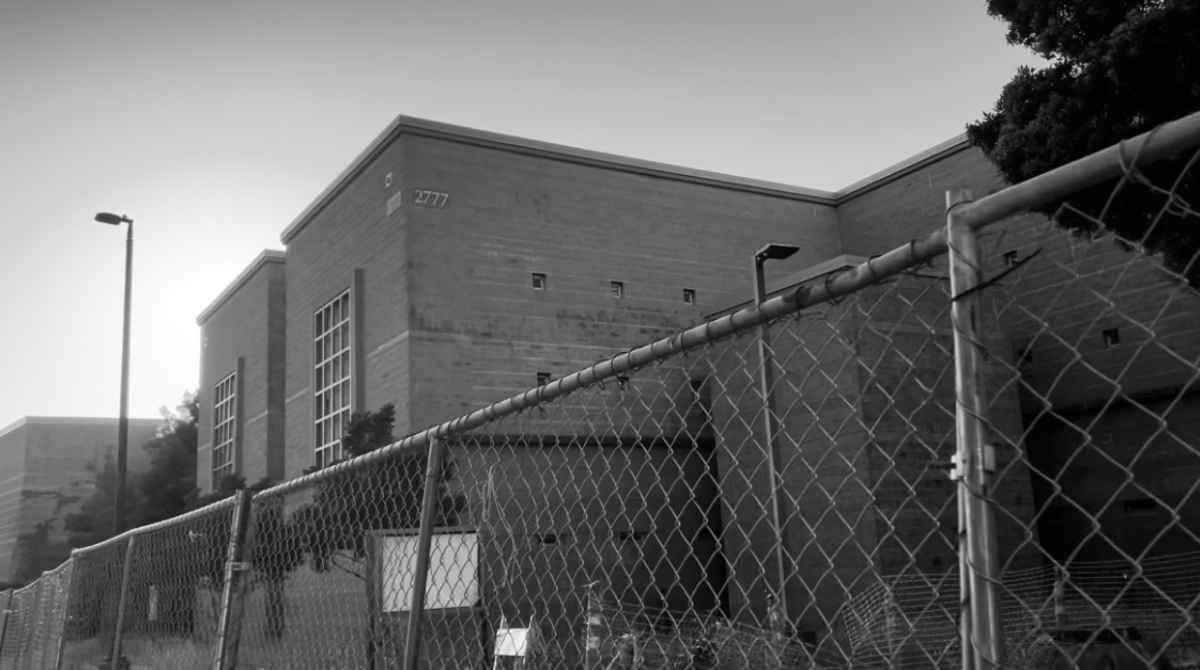Columnist Brooklynn Miller
You would think Starbucks employees would know better than to burn themselves, but now the tension is high and the coffee is hot.
The topic of racial bias is not new; it’s been brewed, burnt, put on ice and served on the same counters black activists have been sitting at for years. If not experienced directly, everyone in the United States witnesses racial profiling one way or another.
Two African-American men were unjustly arrested at a Starbucks in Philadelphia on April 12 after the store manager called the police on them “for trespassing,” said Chris Isidore of CNN. Cue the protesters, make the posters and buy new batteries for the mega-phone.
It seems lately that when controversial issues such as this arise, the company under reprimand is slow to gain footing, unlike activist groups and protesters. In a statement released on Starbucks’ website after the incident, Starbucks’ CEO, Kevin Johnson, handled the situation well and was quick to step up.
“Our deepest apologies to the two men who were arrested with a goal of doing whatever we can to make things right,” Johnson said. He also made a point to reassure both customers and partners that “Starbucks stands firmly against discrimination or racial profiling.” While people expected this somewhat worn-out statement, it was a necessary step towards crisis recovery that Johnson had to take.
CBS News interviewed former Starbucks CEO Howard Schultz who admitted that “it’s possible that what unfolded in Philadelphia is not an ‘isolated’ incident and said a complete review of their policies is in the works.”
This specific racial dispute highlights what it means to be white versus African-American. Many customers who were in the store at the time of the incident have turned to social media demanding answers from both Starbucks and the authorities.
Melissa DePino turned to Twitter and called for Starbucks to supply answers for the two men arrested who were just “waiting for a friend to show up, who did as they were taken out in handcuffs for doing nothing. All the other white ppl are wondering why it’s never happened to us when we do the same thing,” she said.
DePino is not the only one with this question. Would the manager have called the police if the customers were white? The answer, inarguably, is no.
Companies seem to repeat these statements and promises to repair and mend these crushed social boundaries over the years, but rarely do companies boldly act to educate and move forward. In its attempt, Starbucks will be backing up its statements on May 29 when it will close 8,000 company-owned stores in the United States to conduct racial bias training for its employees.
This massive but temporary closure is making quite the impression. A company with as much power and financial stability as Starbucks could make it through an issue like this without doing anything, but instead Starbucks has shown it’s taking control and taking a stand.
From a public relations perspective, Starbucks is handling this scandal very well. Starbucks knows its customer base. It knows its stakeholders. More importantly, it knows how much influence it has over the United States population and how huge of a daily impact it has on millions of lives.
The revenue lost from the upcoming 8,000 store closures will be nothing compared to the positive response Starbucks will receive for conducting racial bias training on such a grand scope. Today shows a controversial and daring move, but tomorrow brings the new world we all want to see.

